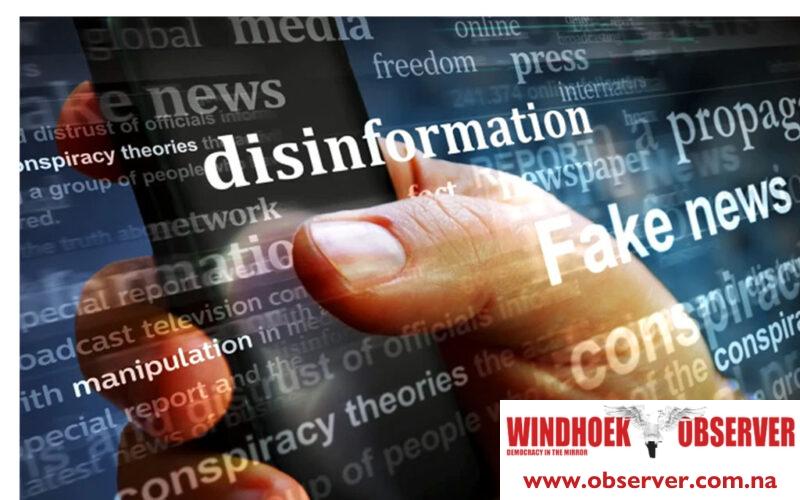Martin Endjala
A coalition of Namibian media and civil society organisations has come together to promote the dissemination of credible information in the run-up to the November 2024 elections.
The initiative, which is aimed at helping voters critically engage with political messaging, was announced on Tuesday by Frederico Links, the editor of Namibia Fact-Check.
“This is a much-needed and very welcome initiative. We are definitely seeing an uptick in election-related misinformation and disinformation ahead of the 27 November elections, so he explained that this initiative will help us and our partners try to stem the tide of falsehoods that could undermine Namibia’s still developing democracy,” he explained.
He said the coalition is still open to news and civil society organisations that are interested in joining.
According to Links, a coalition of Namibian media and civil society organisations and Africa Check, supported by the Google News Initiative [GNI], are partnering to fact-check information ahead of the November presidential and parliamentary elections.
Links said the elections will occur on an increasingly competitive political landscape already marked by election-related misinformation.
To help voters critically engage with information and make informed decisions in the voting booth, several media and civil society organisations are joining forces to create fact-checking.
Google’s News Partner manager for Sub-Saharan Africa, Marianne Erasmus, said that as part of Google’s commitment to combat misinformation and disinformation, they are proud to work with Africa Check in establishing this fact-checking coalition in the lead-up to the Namibian national elections.
“Google’s mission is to organise the world’s information and make it universally accessible and useful. Journalism plays a key role in helping to achieve that. We want Namibians to confidently discern between fact and fiction and have access to high-quality information,” she said.
The coalition will collaborate to fact-check politicians and political party claims, provide voters with reliable, nonpartisan information on key issues, and equip the public with the skills to identify election misinformation.
“The influx of false information during an election season is often more than any organisation can manage. Having used a collective approach during major elections in several African countries, we’re excited to take the lessons learnt to Namibia and offer our support where needed,” said Cayley Clifford, Africa Check’s deputy chief editor.
The organisations include the Namibia Media Trust (NMT), The Namibian, Desert Radio, The Issue, and the Media Ombudsman Namibia, as well as civil society organisations/entities Action Namibia Coalition, Institute for Public Policy Research (IPPR), the Namibia Institute for Democracy (NID), Social Enabled Education (SEE) Namibia, and the Media and Information Literacy Learning Initiative Trust (MiLLi).




